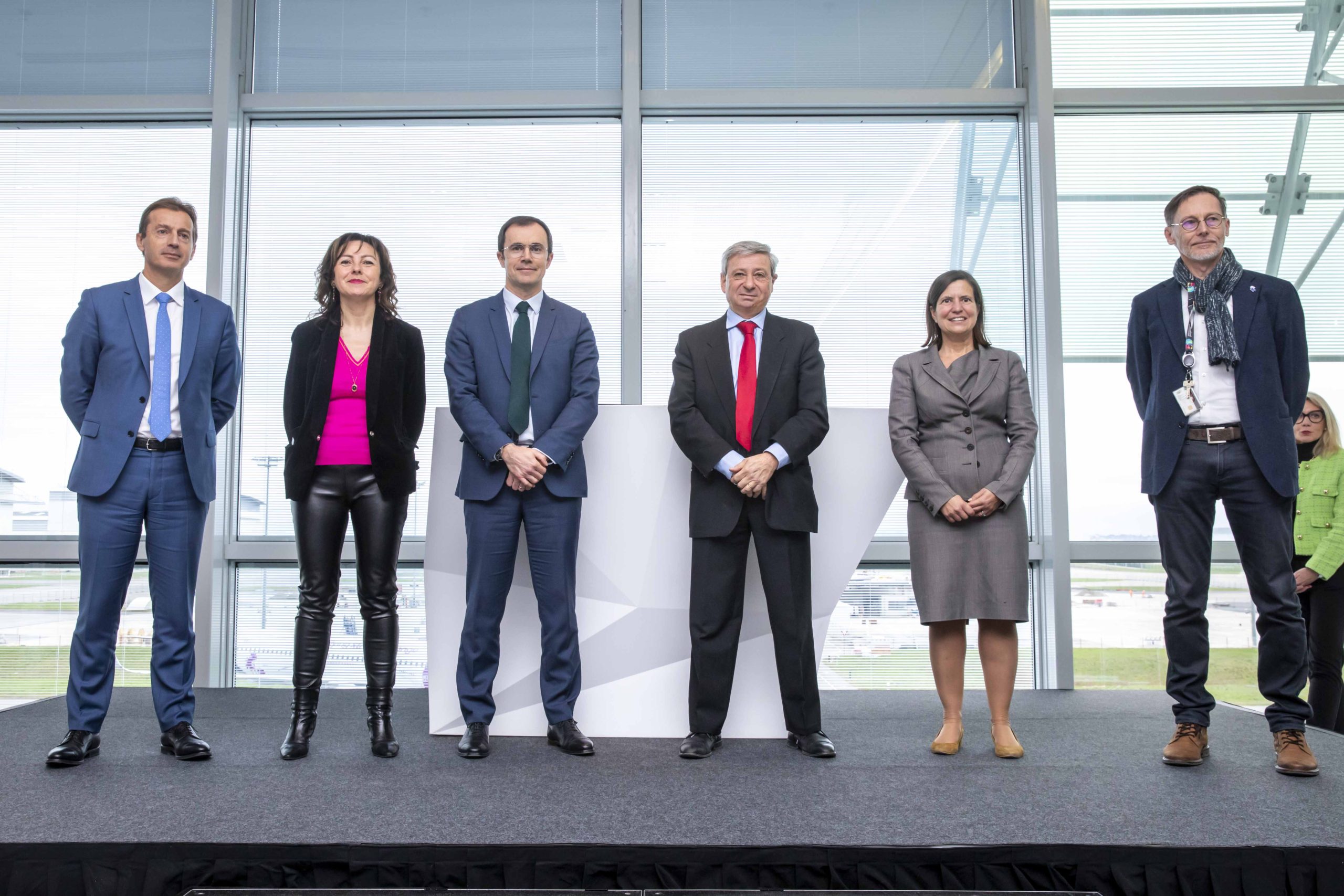Source: ATR
Through this joint declaration, all the signatories pledge to support the decarbonisation of the air transport sector. While the European regulation foresees the progressive incorporation of an increasing proportion of SAF (from fossil-free sources) in aircraft fuel, the collective commitment from the Occitanie region players is to accelerate this, with targets that are twice as ambitious as those set by the European Union. The possibility of leveraging regional resources and skills to obtain locally produced SAF in the longer term will also be explored. This commitment is a logical follow-on from actions already in place with the goal of making Occitanie the champion of sustainable aviation.
“Through France 2030, the French Government is investing 1.2 billion to develop a French-made low-carbon aircraft by 2030. It also supports the development of SAF, based on the national roadmap aiming to accelerate their deployment, and to laying the foundations of a production pathway. These fuels are the quickest solution towards carbon-neutral aviation. This regional agreement to boost their development is therefore particularly useful and important” Etienne Guyot, prefect of the Occitanie region and Haute-Garonne;
“The Region is fully committed to supporting the aviation industry in its quest to reduce carbon emissions. €100M have been earmarked for green aviation, including €10M for the call for expressions of interest concerning SAF and the development of a regional supply chain. I welcome this new collective commitment. Only by joining forces will we be able to achieve the ambition of being the region where green aviation and sustainable fuel solutions become reality,” Carole Delga, President of the Occitanie Region;
“To take up the challenges related to the transition towards low-carbon aviation, the involvement of all players in our ecosystem is necessary. This is the founding principle of the ambitious declaration for SAF in the Occitanie region we have signed together today. It will contribute to the creation of a regional production pathway, which will play a leading role both in France and in Europe. These sustainable fuels, which enable a significant reduction of carbon emissions and can be used already today, will play a critical role in the decarbonisation of air transport in the short and long-term” Guillaume Faury, Airbus CEO;
“We have set very demanding targets for the integration of SAF in our internal operations – they are consistent with our far-reaching commitment to achieving decarbonised aviation. We are now collectively responsible for making sure there are sufficient quantities of SAF available to turn those commitments into a concrete reality as of 2023.” Nathalie Tarnaud Laude, CEO of ATR;
“In order to be able to supply airlines with sustainable fuel as of 2023, Toulouse-Blagnac Airport is integrating them logistically into its operations. We are also committed to bringing together our partners around this transition in the very short-term, including through new incentives” Philippe Crébassa, Chairman of the Executive Board of Toulouse-Blagnac Airport;
“The Cluster, for which decarbonisation of the air transport sector and SAF are key drivers, works hard every day to bring regional stakeholders together to accelerate innovation in this area.” Bruno Darboux, President of Aerospace Valley.

